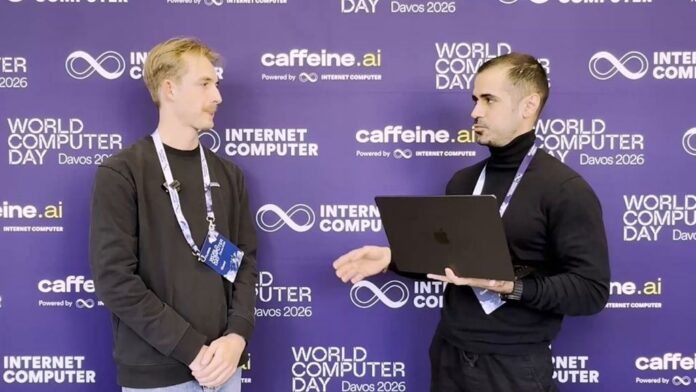Virtual reality (VR) has long been the domain of gamers and tech enthusiasts, but recent research reveals its potential to transform the lives of people with intellectual disabilities. A study conducted by researchers from the University of South Australia and UNSW Sydney demonstrates that immersive VR headsets can offer profound benefits for learning practical life skills, suggesting a new frontier in education and independence for this community.
The study involved 36 adults with intellectual disabilities who participated in a series of training sessions designed to teach them how to sort waste, garden, and manage food organics. Participants were divided into two groups: one using immersive VR headsets and the other using non-immersive virtual environments accessed via tablet devices. The results were striking. Those using the VR headsets exhibited markedly better real-world skills in waste sorting and other tasks compared to their tablet-using counterparts.
Associate Professor Tobias Loetscher from UniSA highlighted the significance of these findings. He noted that individuals with intellectual disabilities often need more time and diverse methods to grasp and visualise concepts. The immersive nature of VR provides a more tangible experience, allowing users to engage with their environment in a way that traditional methods do not. “Research shows that ‘learning by doing’, otherwise known as experiential learning, is more effective for this group compared to passive methods of learning,” he said.
The VR group not only showed immediate improvements in their ability to sort waste correctly but also maintained these gains for up to a week following their training. This enduring benefit highlights the effectiveness of VR in reinforcing and sustaining learning outcomes.
UNSW Research Fellow Dr Stefan Michalski elaborated on the advantages of immersive VR. He pointed out that VR offers a safe and controlled environment where individuals can repeatedly practise skills without the risks associated with real-world scenarios. This is particularly valuable for people with intellectual disabilities, who may face significant challenges in performing daily life tasks independently. VR training can simulate real-life situations, thus providing a risk-free way to acquire and hone essential skills.
For many people with intellectual disabilities, performing everyday activities such as cooking, cleaning, and personal hygiene can be daunting and often requires caregiver support. This dependence on others can limit their ability to live independently and enjoy a higher quality of life. The study’s findings underscore the importance of finding effective methods to teach these critical life skills, and VR appears to be a promising tool in this regard.
Cybersickness, a common concern with VR technology, was observed in this study but only affected one participant briefly. Most individuals in the VR group found the technology enjoyable, despite some initial hesitance when first using the headsets. This minimal discomfort suggests that VR could be a viable option for widespread use in training and education for people with intellectual disabilities.
The study’s authors believe that VR’s applications extend beyond waste management. They envision its potential to teach a range of life skills, including cooking and kitchen safety, personal hygiene, public transport navigation, and social interactions. By providing immersive, hands-on learning experiences, VR can address gaps in traditional educational methods and enhance the quality of life for individuals with intellectual disabilities.
Dr Michalski also highlighted ongoing research aimed at using VR to prepare individuals for healthcare interactions. This work focuses on reducing the anxiety associated with medical visits by familiarising patients with the process through virtual simulations. Such applications could further enhance the utility of VR in improving the overall well-being of people with intellectual disabilities.
The research, funded by the Channel 7 Children’s Research Foundation and Orana Australia Ltd, represents a significant step toward integrating VR into educational and training programmes for people with intellectual disabilities. The goal is to bridge the gap between research and practical implementation, ensuring that more individuals can benefit from this innovative technology.
As the field of VR continues to advance, the potential to use it for practical, life-enhancing applications becomes increasingly apparent. The study provides compelling evidence that immersive VR can be a game-changer for teaching essential life skills, offering a new avenue for fostering independence and improving the lives of people with intellectual disabilities. The future looks promising as researchers and developers continue to explore and expand the boundaries of what VR can achieve in this important area.




